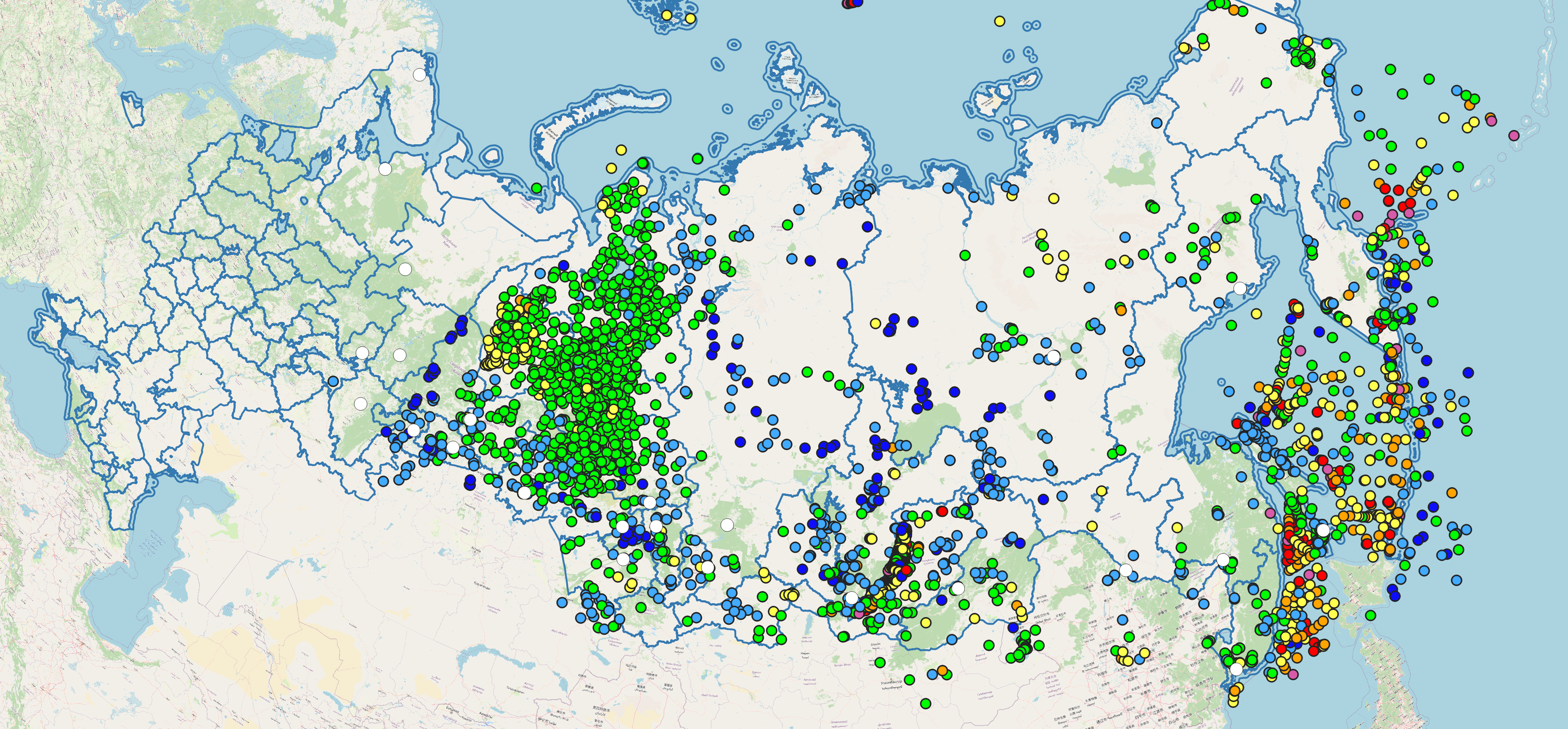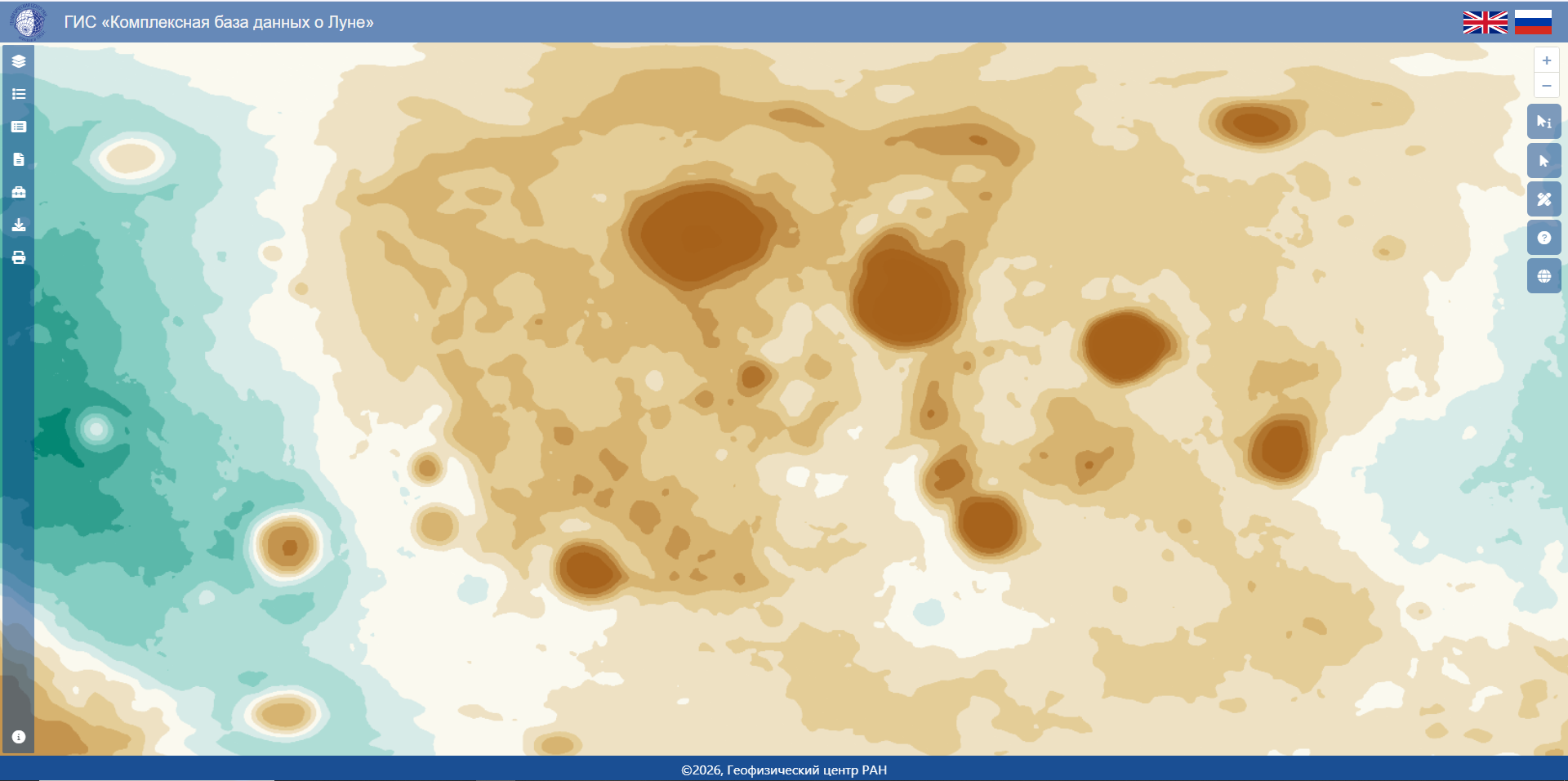December 1, 2021
On December 1-2, a joint Russian-Indian webinar "Scientific Webinar on Disaster Management Technologies" / "Disaster Management Technologies" is being held.
The webinar is organized by the Department for International Cooperation of the Russian Academy of Sciences (UMC RAS), with the assistance of the Embassy of India in Moscow. It is part of a series of scientific Russian-Indian webinars for the exchange of information on topics of bilateral interest in the framework of scientific and technical cooperation between Russia and India.
During the event, the director of the Geophysical Center of the Russian Academy of Sciences (GC RAS), Corr. RAS Anatoly Aleksandrovich Solovyov:
“The growing number of natural disasters is closely related to global processes, such as the growth of the world population and the world economy, the degradation of the environment and natural resources, climate change, and so on. It is worth noting that we are exposed to factors that have both terrestrial and extraterrestrial origin. A prime example of the latter is the impact of space weather, which is extremely detrimental to high-tech infrastructure. Accordingly, disaster management is an important element of a sustainable development strategy. It should be based on the principles of rational economic use of territories, scientifically based forecasts of impending dangers and the adoption of preventive measures. When developing disaster management technologies, it is important to understand that humanity cannot stop or change the course of the planet's natural evolution. We can only try to predict its development with a certain degree of probability and sometimes influence its dynamics. Therefore, at present, the tasks of timely forecasting of natural disasters, monitoring the dynamics of earth systems, control and mitigation of negative consequences are coming to the fore.”
In the webinar program:
- Disaster risk reduction and resilient technology-based infrastructure;
- Combining weather sensors, satellite images and improving disaster forecasts;
- Big data integration and crisis analytics;
- Use of drones, robotics and IoT data integration to improve disaster response.
Also, during the first session of the webinar, the Scientific Secretary of the GC RAS Roman Igorevich Krasnoperov presented his report. The topic of his report is “Monitoring of geomagnetic activity in Russia and application of historical data for space weather studies”.
Watch the broadcast of the first day of the webinar here.
Watch the recording of the second day of the webinar below:


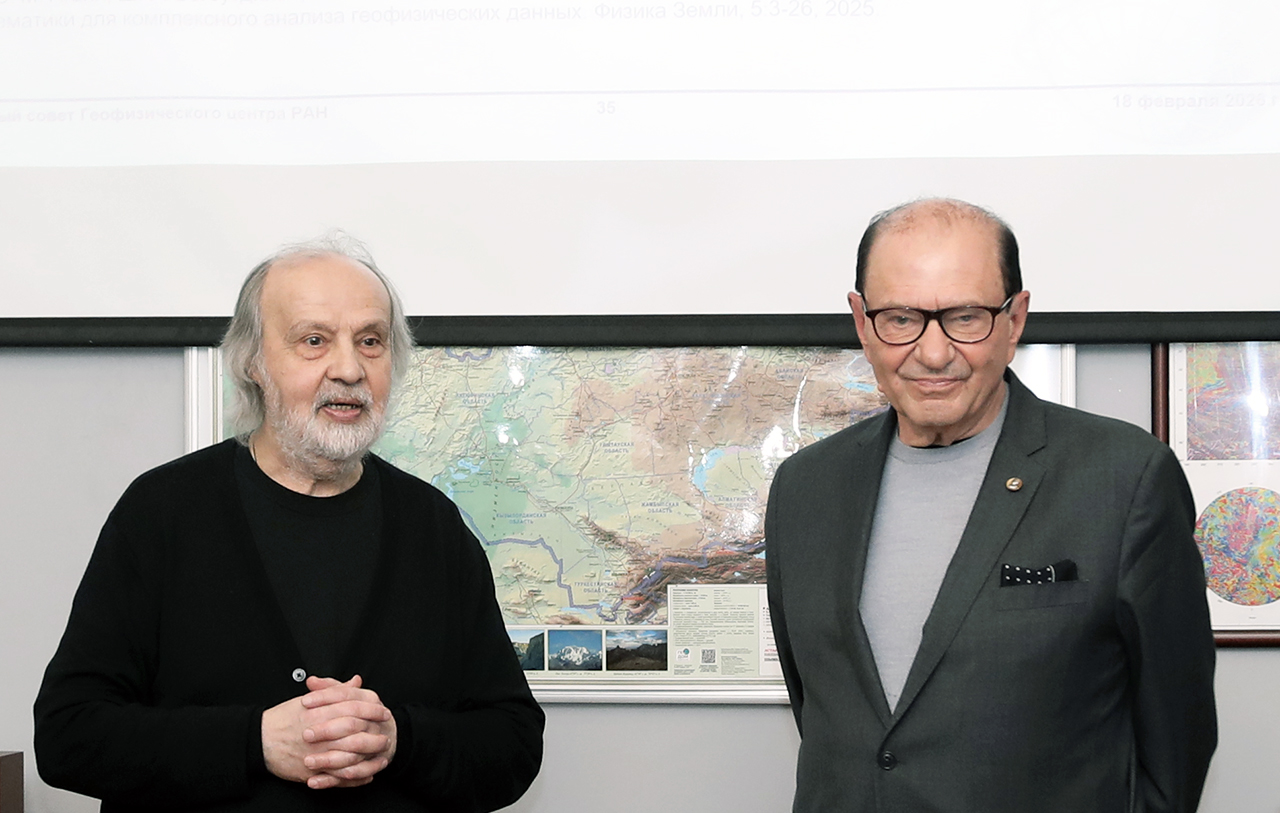


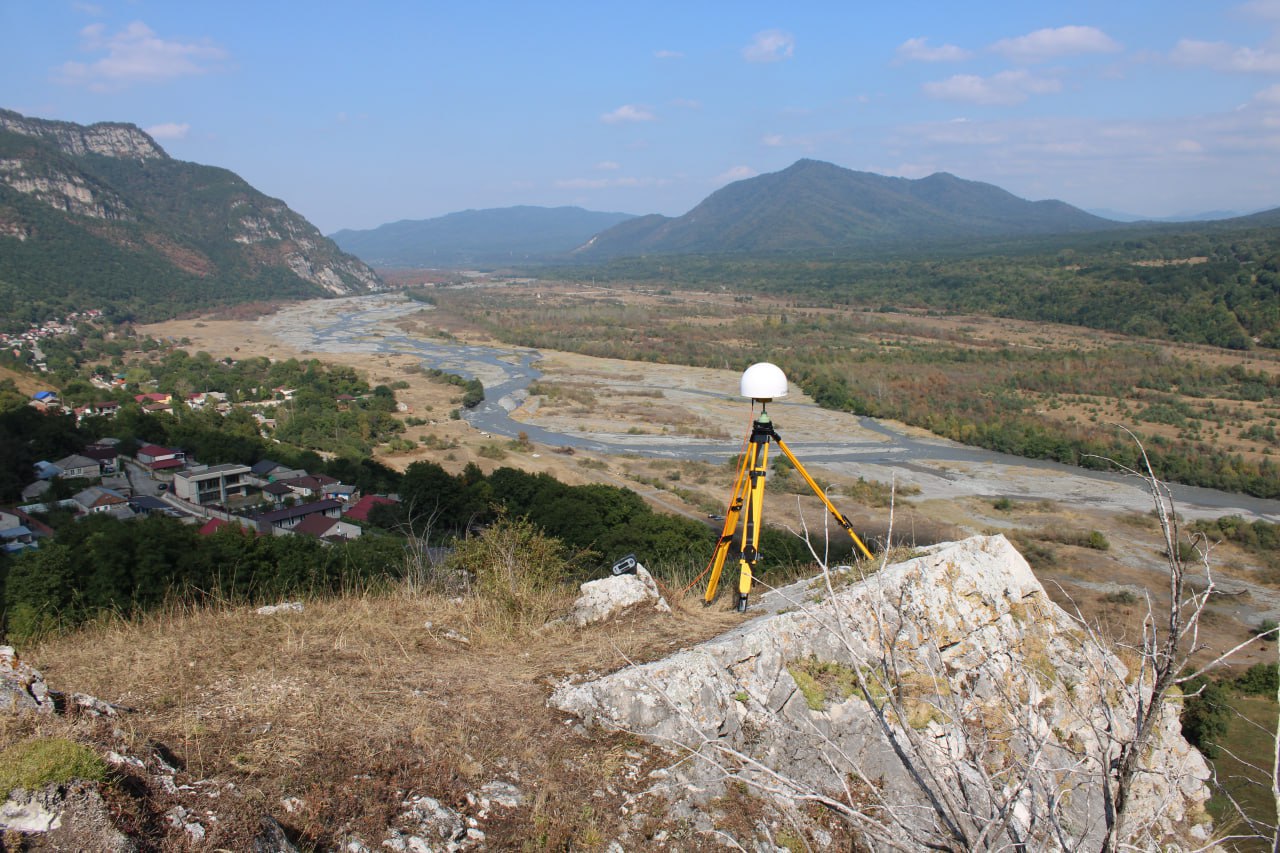
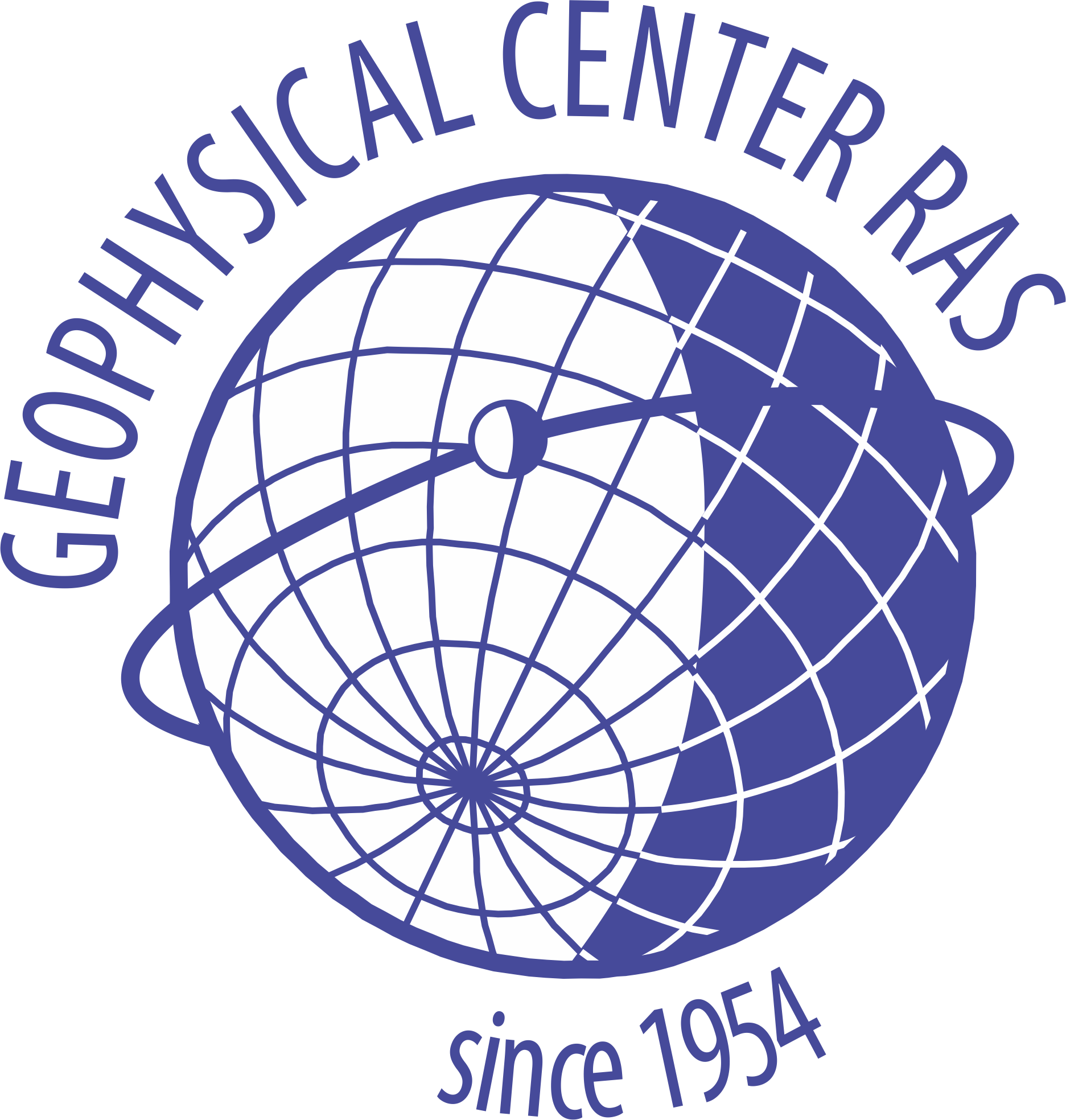

 Analytical Geomagnetic Data Center
Analytical Geomagnetic Data Center Space weather parameters
Space weather parameters Virtual Magnetograms
Virtual Magnetograms


